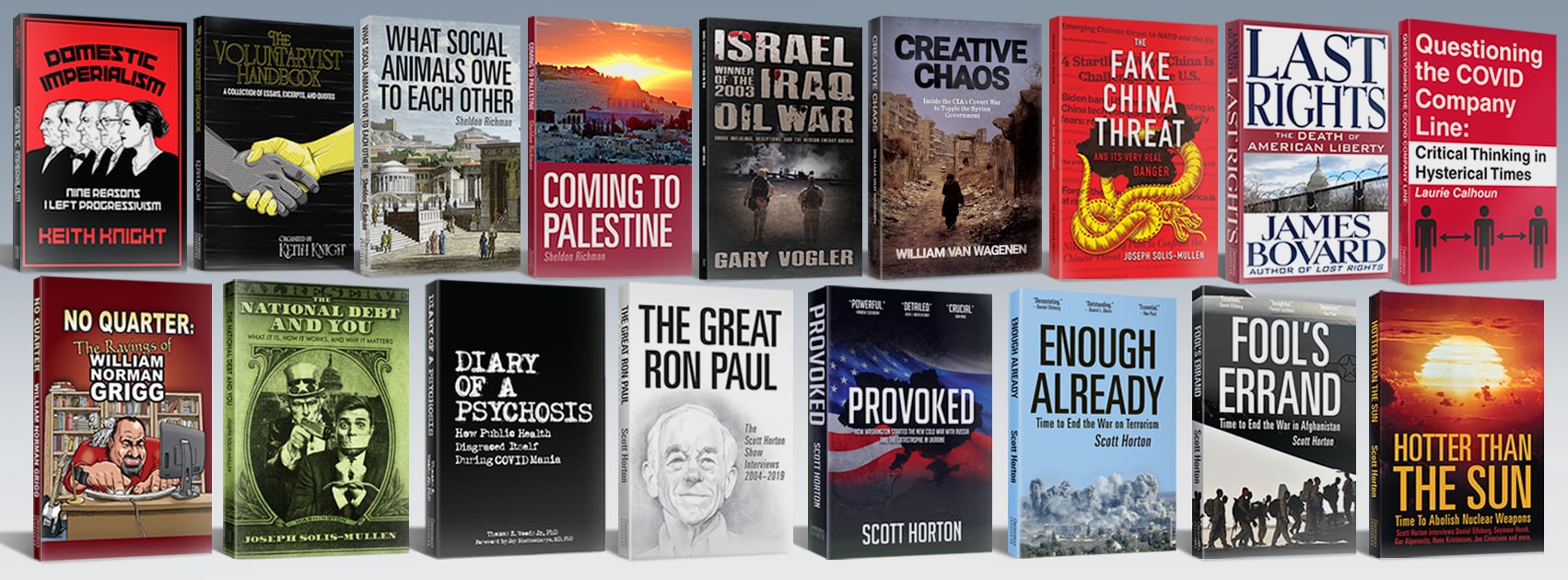This article originally appeared at Anti-Media.
It’s no secret that China has placed an incredible amount of importance on 19th National Congress of the Communist Party of China, and the Asian superpower has and is taking steps to ensure the affair, set for October, goes off without a hitch. From Reuters on Thursday:
“China is tightening security for next month’s twice-a-decade Communist Party Congress, cancelling police leave in Beijing, limiting tourism to Tibet, and clamping down on the spread of political rumors.
“High-level meetings in China are typically accompanied by a security crackdown — as well as uncharacteristically smog-free blue skies — with the stability-obsessed party not wanting to run the risk that anyone or anything offers a distraction.”
Continuing, Reuters notes that Chinese authorities and their enforcers in the streets will tolerate no political protests leading up to and during the event:
“Some 2,000 delegates will converge on Beijing for the Congress, staying at hotels across the city, and security will only get tighter as its opening nears, meaning any protests will be quickly shut down.”
This is because China puts a high value on perception, national unity, and loyalty to the party. Perhaps this is best evidenced by the actions of the country’s leader in his urging of Chinese artists to direct their work toward the betterment of China. From state-run China Daily on Thursday:
“President Xi Jinping called on the country’s cultural workers and artists to focus on the people during their cultural creation work, thereby providing strong spiritual power for the great rejuvenation of the Chinese nation.
“Xi, also general secretary of the Communist Party of China Central Committee, made the remark in a recent instruction on the country’s building of spiritual civilization.
“Noting that culture is the bugle for the progress of the times, Xi said that the country’s cultural workers and artists should work for the people and socialism. He encouraged cultural workers and artists to boost innovation, be dedicated and make continuous efforts to produce excellent creations.”
Highlighting Xi’s tightening grip on power — at the Congress, the leader is expected to appoint his own trusted people to key positions in the government — a member of the influential Standing Committee, Liu Yunshan, backed his president’s play while speaking at the same seminar as Xi on Wednesday:
“The cultural workers and artists should learn and implement the president’s culture and art thoughts, devote themselves to cultural creation, and make more excellent cultural products, he said.”
And while China’s political leaders encourage unity, the country’s Thought Police are intensifying efforts. It’s long been recognized that China is more aggressive than Western nations in policing its cyberspace, but ahead of the Party Congress the government is taking sharper aim at dissidents. Also from China Daily on Thursday:
“Chinese cyber police and leading tech firm Baidu have launched an online service to control the spread of rumors.
“The service is imbedded into the country’s top search engine, and all news portals and online forums that Baidu operates.”
All this focus on harmony and a “One China” is precisely why the independence movements in Hong Kong and Taiwan are such a thorn in the superpower’s side. How can China promote strength and unity to the world when two of what it considers its territories want to break away?
The problem is perfectly encapsulated in China’s current relations with Singapore, as Reuters highlighted on Thursday:
“China wants to improve its military relationship with Singapore, but is resolutely opposed to any country having defense ties with self-ruled Taiwan, China’s Defence Ministry said on Thursday, obliquely criticizing Singapore’s Taiwan links.
“China is suspicious of the city state’s good military relations both with the United States and Taiwan, claimed by China as its own.”
The current Taiwanese government is a remnant of the one that was forced to flee the mainland to escape the communists in 1949. While the country is recognized internationally as an independent state, China has never accepted that reality.
Hong Kong, on the other hand, is not a country but a “special administrative region” of China that retains a high degree of autonomy. That’s been the situation since 1997, following Britain’s decision to relinquish control of the area in the 1980s.
But concerns over China exerting its influence over the region were there from the start and eventually culminated into mass, coordinated protest rallies that began in September of 2014.
The desire for independence has only gained strength since then. According to the South China Morning Post, on Thursday — the third anniversary of when the protests kicked off — the co-founders of the movement “implored the people of Hong Kong to continue to fight for universal suffrage and defy what they say is Beijing’s resistance to democracy in the city.”
China wants to present a unified front at the upcoming National Congress. It wants to prove there really is only “One China,” as it’s always said. The problem with that, as is becoming increasingly clear, is that not everyone under the country’s supposed control feels the same way.











